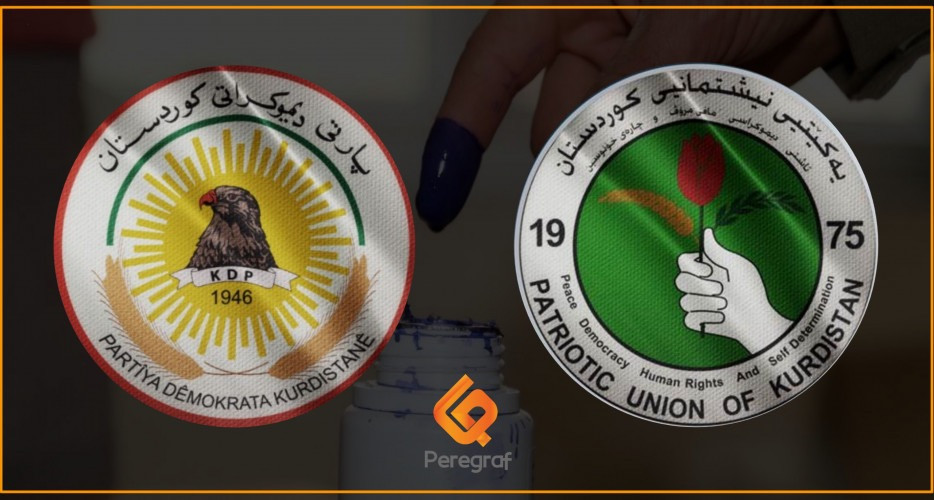
PEREGRAF
The Patriotic Union of Kurdistan (PUK) and the Kurdistan Democratic Party (KDP) agreed on January 5 that elections for the Kurdistan Parliament should be held on time in September 2022.
Announcement of the decision followed a meeting of the Partnership Committee of the KDP and the PUK in Sulaimaniyah at the offices of the latter’s Politburo.
"The two sides agreed that the Kurdistan parliamentary elections should be held on time, that national preparations are needed,and that there should be mutual understanding of the legal and political mechanisms for holding the elections," the parties said in a joint statement.
The Kurdistan Region’s two largest parties further agreed to "work together to boost the trust of citizens, strengthen the election process, and for [the elections] to be a transparent and successful process."
The Kurdistan Region last held parliamentary elections on September 30, 2018, with winning candidates elected to a four-year term. By law, new elections must be held this year, but time is running short to make arrangements to hold the polls, with some opposition groups demanding significant changes to the process.
Critically, the party caucuses in the Parliament have not yet reached an agreement about the Kurdistan Region’s electorallaw, the reactivation of the Independent High Electoral and Referendum Commission (IHERC), and a revamp of the administrative procedures necessary to carry out the election.
In a previous statement, Deputy Speaker of the Kurdistan Parliament Hemin Hawrami of the KDP warned that there was little time to act.
"Because elections must be held on time, in September or October next year, the commission must be re-established before March," Hawrami said on December 9.
Currently, the KDP enjoys a large plurality of 45 seats in the 111-member legislature and wants the election law to remain as it is currently formulated, with a semi-open list and the entire Kurdistan Region as a single district.
The PUK holds 21 seats, while the Gorran Movement has 12.
The opposition New Generation did unexpectedly well in elections to Iraq’s federal parliament in October and has argued for additional changes along the lines of the electoral reform law passed by the Council of Representatives, including dividing the Region into four multi-member districts based on Duhok, Erbil, Sulaimaniyah, and Halabja governorates, reducing and rearranging the seats reserved for religious and ethnic minorities, and the election of a new and technocratic election commission composed of nine non-partisan judges.
In the 2018 regional election, New Generation won eight seats, but internal divisions led to expulsions and resignations, leaving the party with four MPs at present.